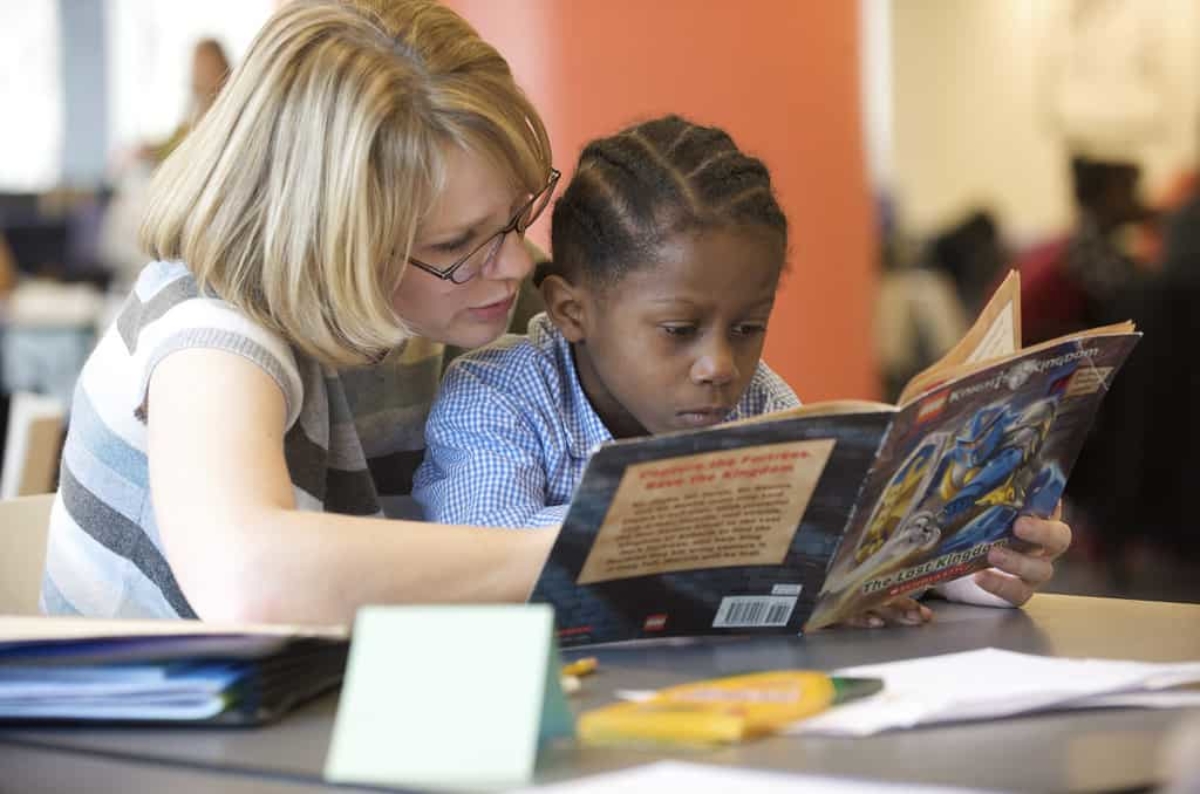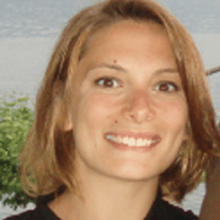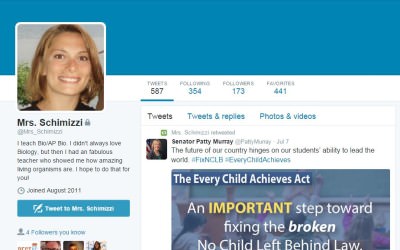The other day I had a “Mom Fail” attack. Turns out that knowing the “long a” sound and the “short a” sound is a key indicator of a successful reader. I never actually learned all the letter sounds myself. Did you? Where can I learn phonemic awareness? I must be failing as a mom if I can not teach my son phonemic awareness.
Suddenly, teaching reading feels like rocket science! Dr. Louisa Marks studies the complex data that explains which skills students need to learn to read. In addition to phonemic awareness, there is phonological awareness, fluency, and other components, like text comprehension and tiers of vocabulary. Read Charlotte, a local advocacy group, shares that children who are not reading at grade level by third grade are four times more likely to drop out of high school. Suddenly, there are high stakes for getting my son (and all children) to be successful readers.
My14-month-old son and I read at least six books a day together, but now I am asking if I can do more to set my son up for success. Crucial skills like phonemic awareness are foreign to me. As I research on how to teach reading, I end up with more questions like, “What is the value of sight words?” and, “What is the proper to sequence phonics instruction? If you are like me, you have now ordered five books from Amazon on how to teach phonemic awareness.
While there are many ways I can learn about phonemic awareness myself, the best resource I will have will be my son’s teachers. As a teacher, I know the immense amount of training that goes into the content (what you teach) and the pedagogy (how you teach). As a biology teacher, I can teach about the parts of a cell, but I do not know how to teach skills like sounding out words.
Suddenly, I am on a mission to find the best teachers for my son. And while I have combed through numerous metrics on the performance of local elementary schools, I have no idea how to pick a preschool. This is an issue not just for my son, but for all birth-to-five-year-olds and for anyone who likes to see a valuable investment in our society.
Research from Nobel Laureate economist James Heckman shows investment in high quality pre-K has one of the highest returns on investment– more than 13 percent, a return higher than most stocks.
So how does a parent choose the “right” pre-K program? With many state-supported programs (Smart Start, More at Four, Head Start) and hundreds of private programs, it is unclear if the early childhood education your student receives is “high quality”. While many think pre-K is simply babysitting, high quality pre-K has a much more meaningful long game embedded into the activities that many of us call “play”.
Imagine my son moving puzzle pieces around in a random way. Research shows puzzles help develop sorting and spatial skills that lead to stronger mathematical understanding. At the high school level, I personally saw a correlation between students who remembered solving puzzles and those who had stronger perseverance and problem solving skills. Further research by Nobel Laureate James Heckman shows early childhood education impacts both learning outcomes and health and healthy behaviors.


Knowing which activities are developmentally appropriate and have long-lasting impact is a key part of an Early Education Certification in NC, but not every pre-K teacher has that license. Our governor and legislators are taking strides to provide more support to both fund and organize early childhood education, which together could provide a wider spread of meaningful impacts to all children.
Fortunately, you do not have to know all the short and long letter sounds to know that early childhood education is an important investment in our state. As a high school teacher and a mom, I want my elected officials to support a stronger investment in early childhood education. I won’t ask them about phonemic awareness, but I will let them know I see both the short and long of this issue.



